This section allows you to
- search publications by subject, keyword, publication date or type
- order the publications you are interested in by contacting us or through EU Publications, the online catalogue of publications of the European institutions
Filter by
Publications (208)
RSS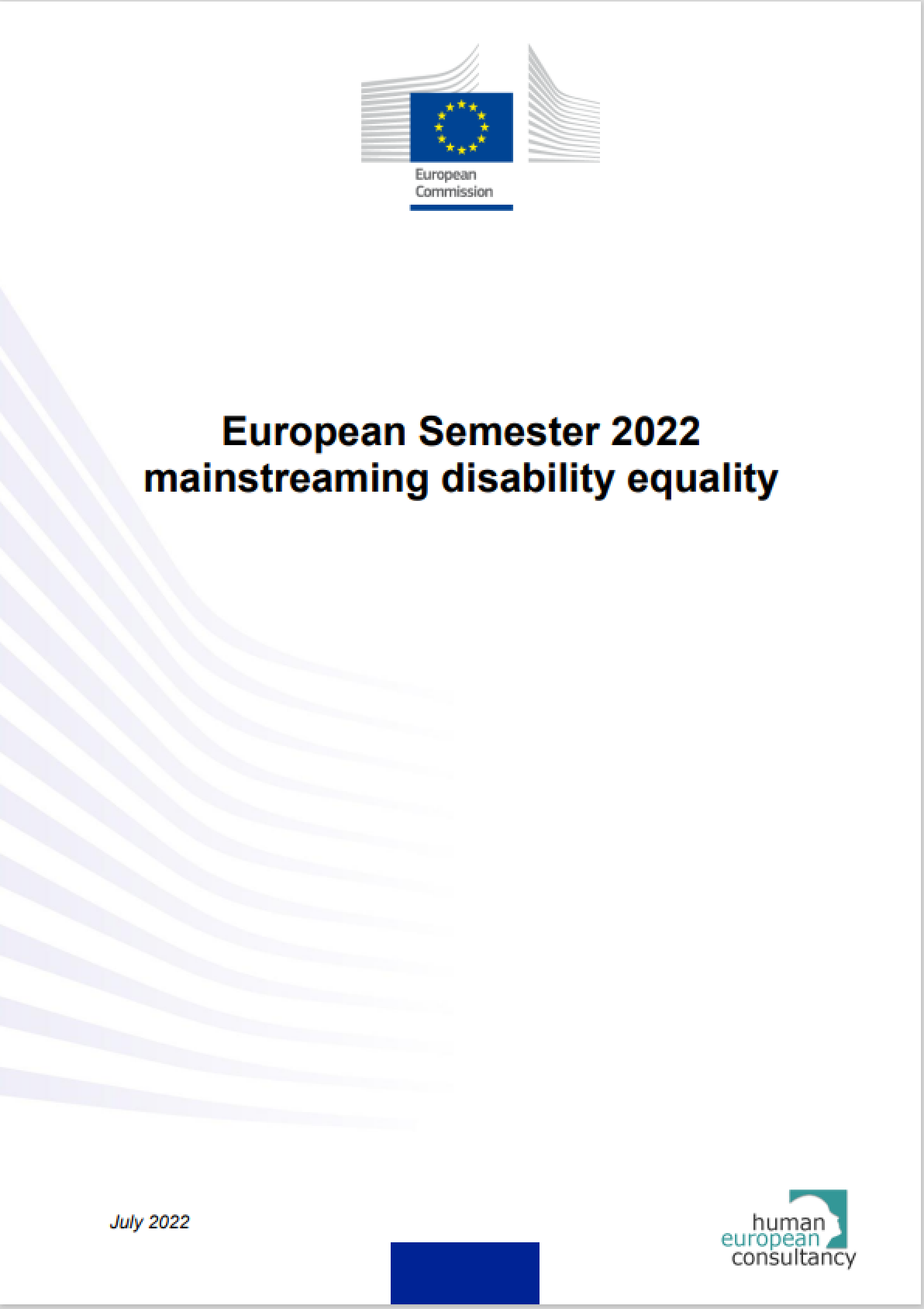
This synthesis report sets the scene for the 2022-2023 Semester cycle, drawing on national reviews carried out in 2021, updates to Member States’ disability policies, document packages published during the Autumn and Spring of the 2022 Semester cycle, and data newly available from Eurostat in 2022. It considers past trends and identifies future challenges as a basis for the preparation of new EDE country fiches and Commission input to the 2023 policy cycle.
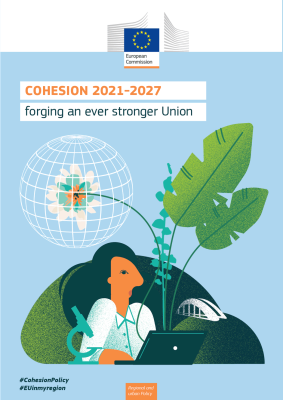
The report shows how the policy will unleash investments worth a total of €545 billion, of which, €378 billion is funded by the EU.
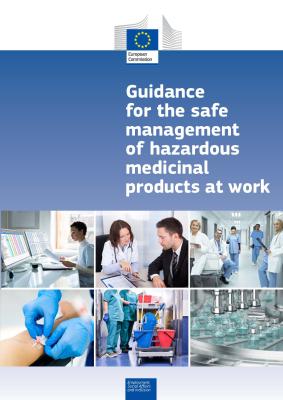
This guide aims to increase awareness about the risks of hazardous medicinal products amongst the workers that might come into contact with or handle HMPs and their employers.
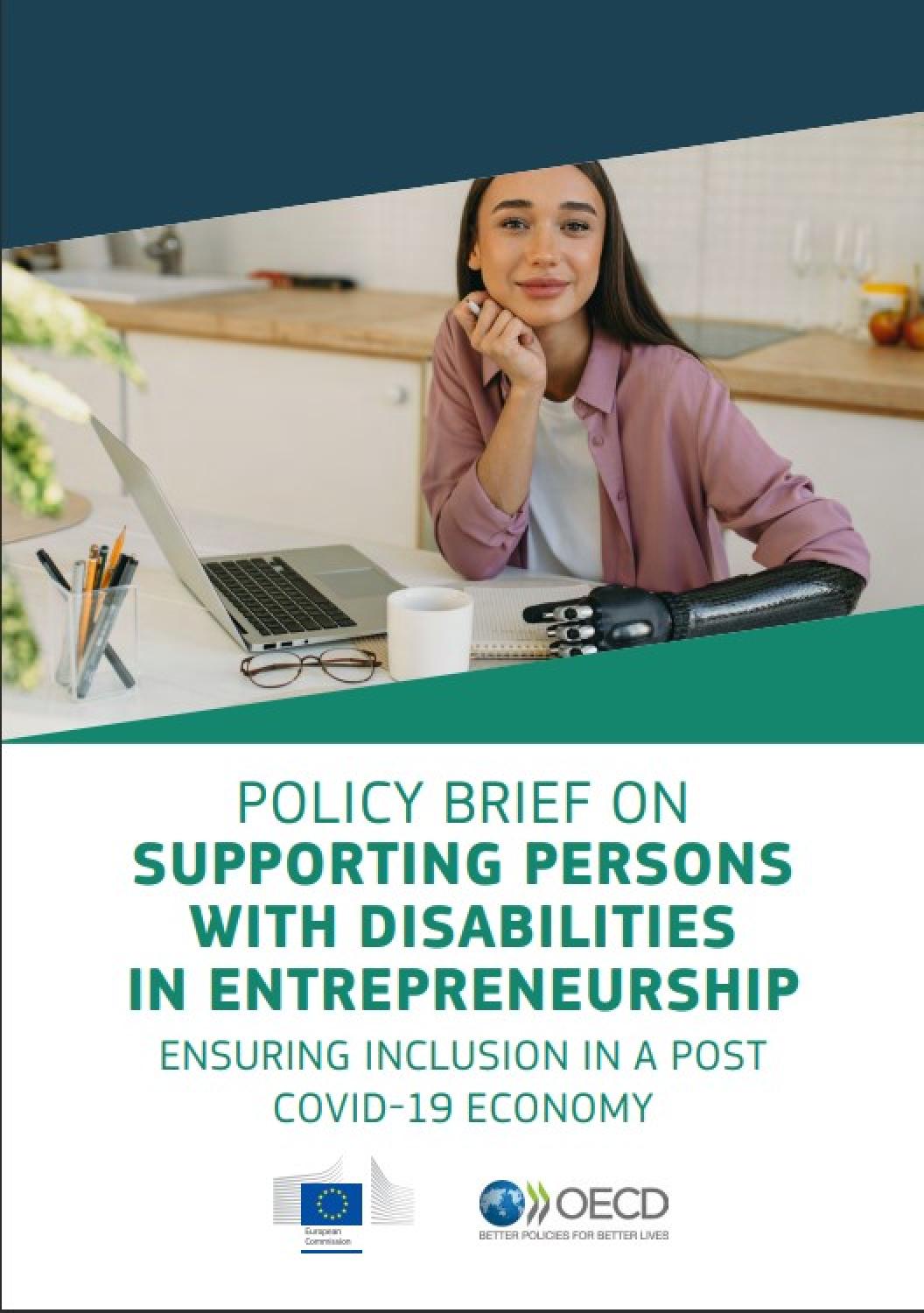
This policy brief explores the potential of entrepreneurship policy to support the labour market participation of people with disabilities. Disabilities vary widely in type, severity, stability, duration and time of onset.
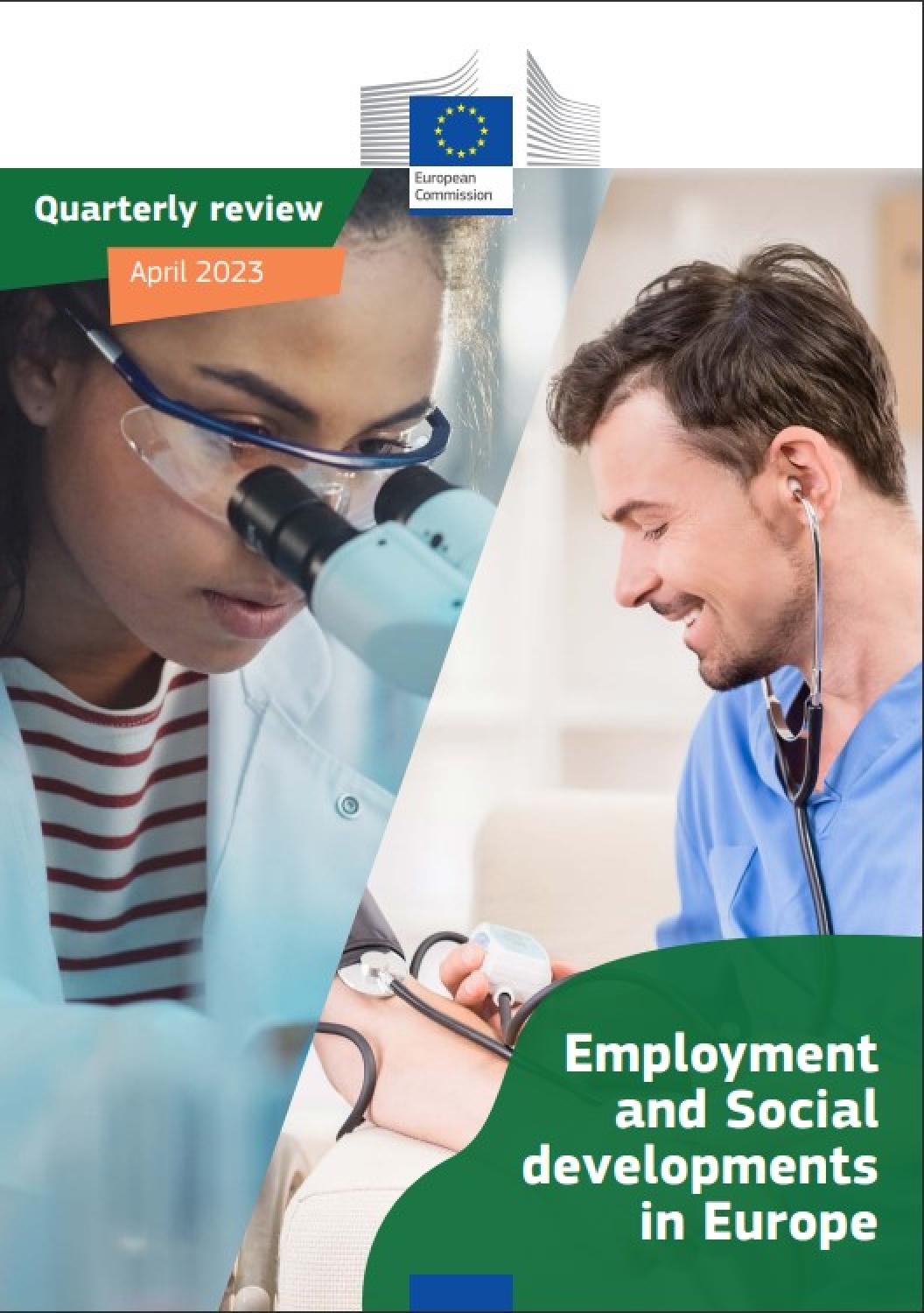
The thematic part of this review focuses on gender segregation in science, technology, engineering and mathematics (STEM) and healthcare occupations across EU Member States.

The 2022 Annual report on intra-EU labour mobility identifies trends in free movement of workers, based on the latest available data (2020/2021).
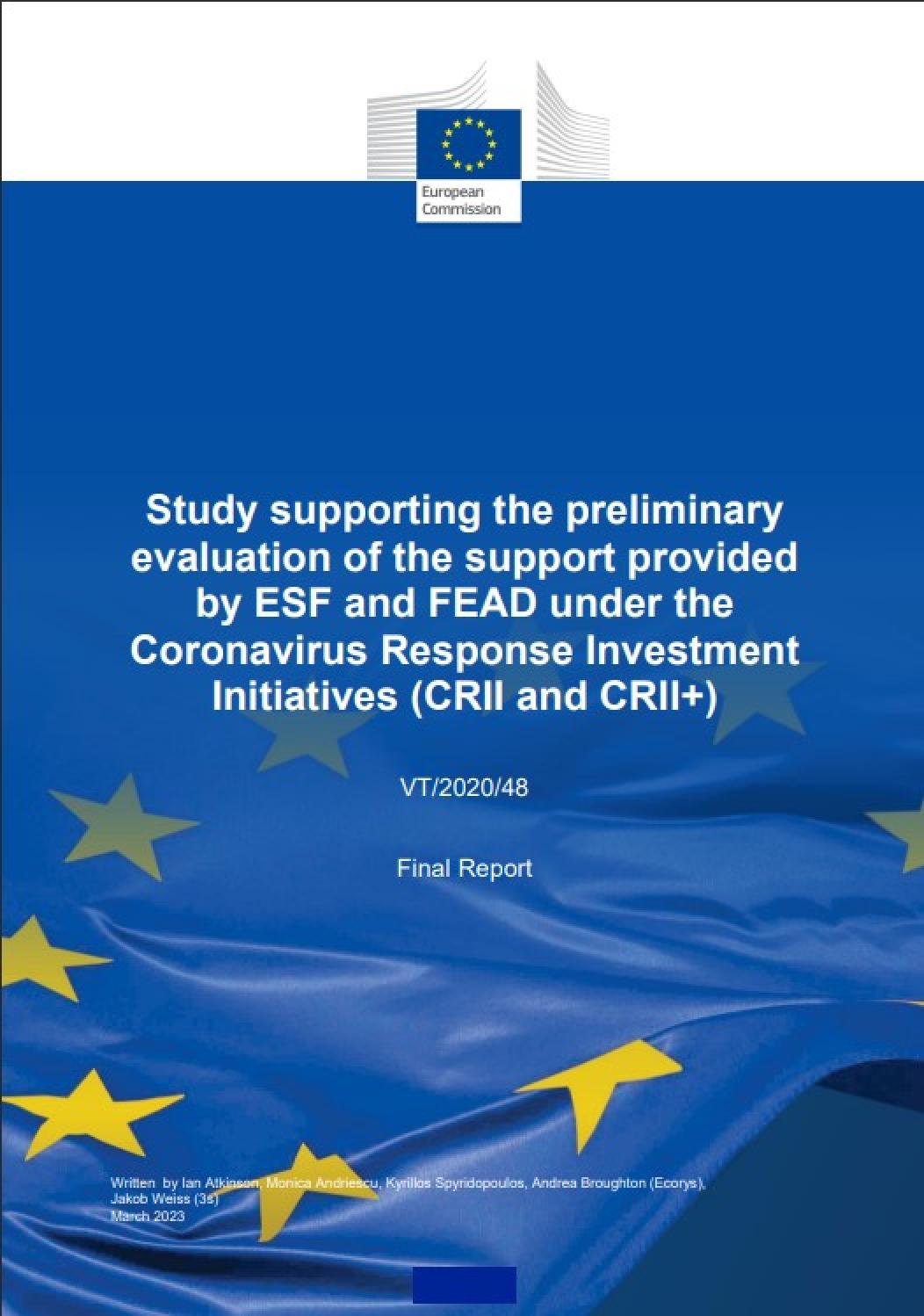
The report assesses the immediate response of the European Social Fund and the European Fund for the Most Deprived to the Covid-19 pandemic. It focuses on the process of reacting to the crisis.

The 2023 JER maintains a strong focus on the implementation of the European Pillar of Social Rights, in line with the Action Plan of March 2021 welcomed by the EU Leaders in the Porto Social Summit. The reinforced monitoring of the implementation of the Pillar principles in the areas of equal opportunities and access to the labour market, fair working conditions and social protection and inclusion is continued in this edition of the report. This is done notably via thematic boxes covering key challenges in these areas, in light of the socio-economic outlook and most recent policy initiatives. The report integrates the 2030 EU headline targets on employment, skills, and poverty reduction welcomed by the EU leaders in Porto and by the June 2021 European Council. It also covers for the first time the national targets put forward by the Member States, as presented and discussed in the June 2022 EPSCO Council following a process of bilateral discussions with the Commission services and multilateral reviews with the Employment Committee and the Social Protection Committee. The report further incorporates the objectives of the Union of Equality strategies and covers the challenges faced by groups affected by inequalities.
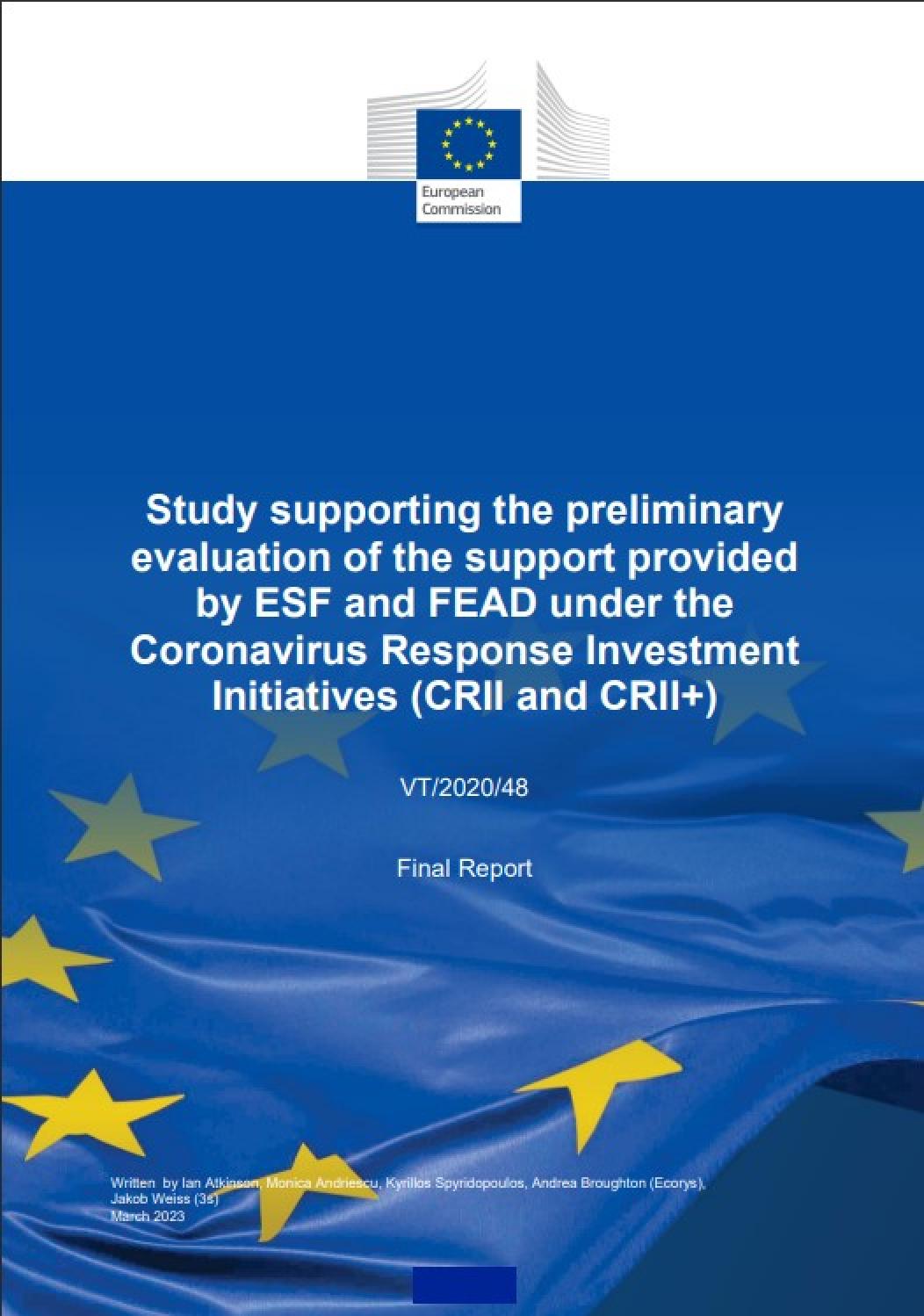
This study explores the importance of financial incentives compared to other factors for the labour market integration of minimum income recipients through three distinct strands of analysis.
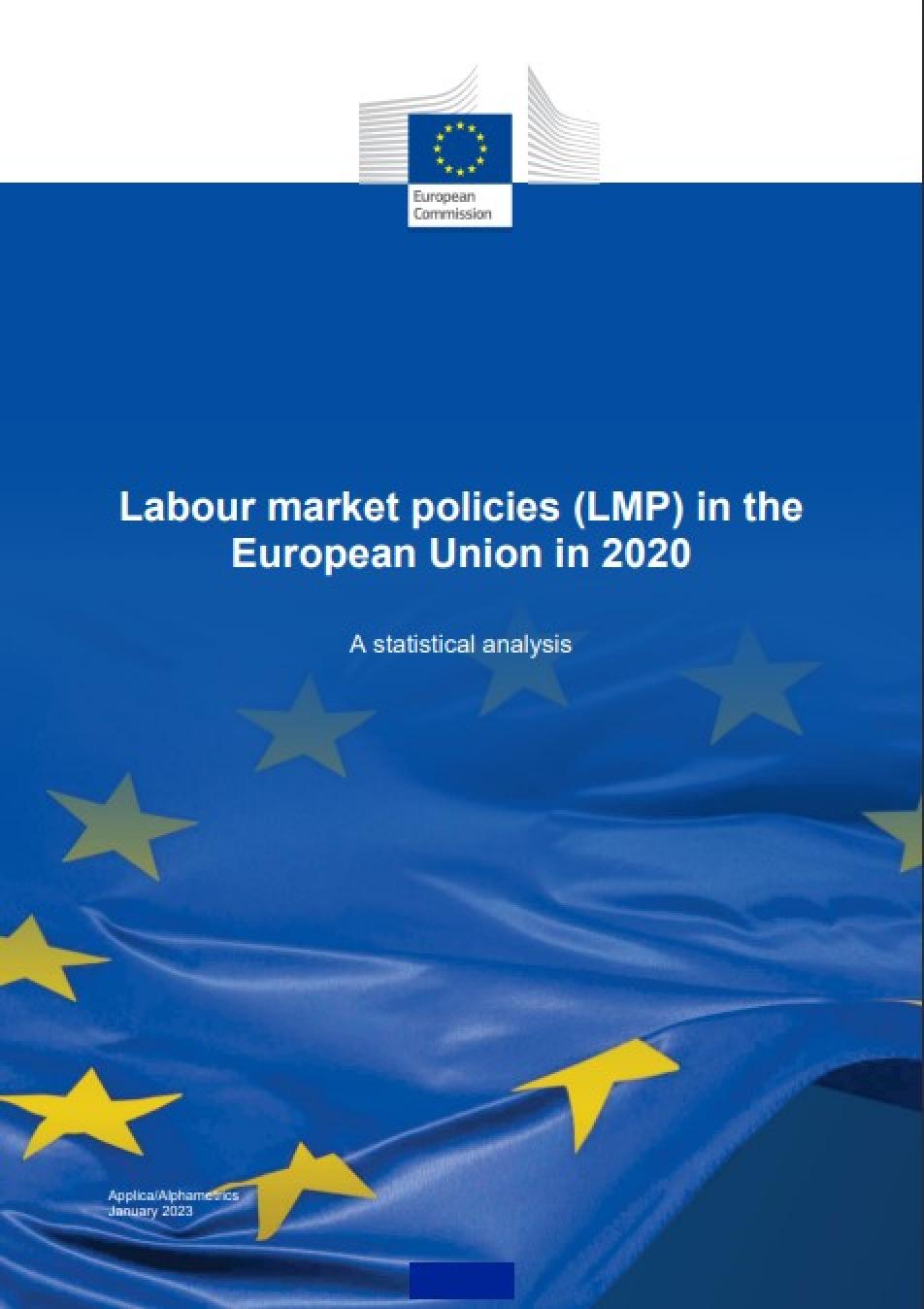
This note presents an analysis of the latest available LMP statistics. It includes an overview of the key data available for 2020 and an analysis of the impact of the COVID-19 crisis on the provision of LMP in the Member States. Readers are recommended to refer to information on the characteristics of LMP statistics provided in Annex 1 to aid understanding of the data presented.
